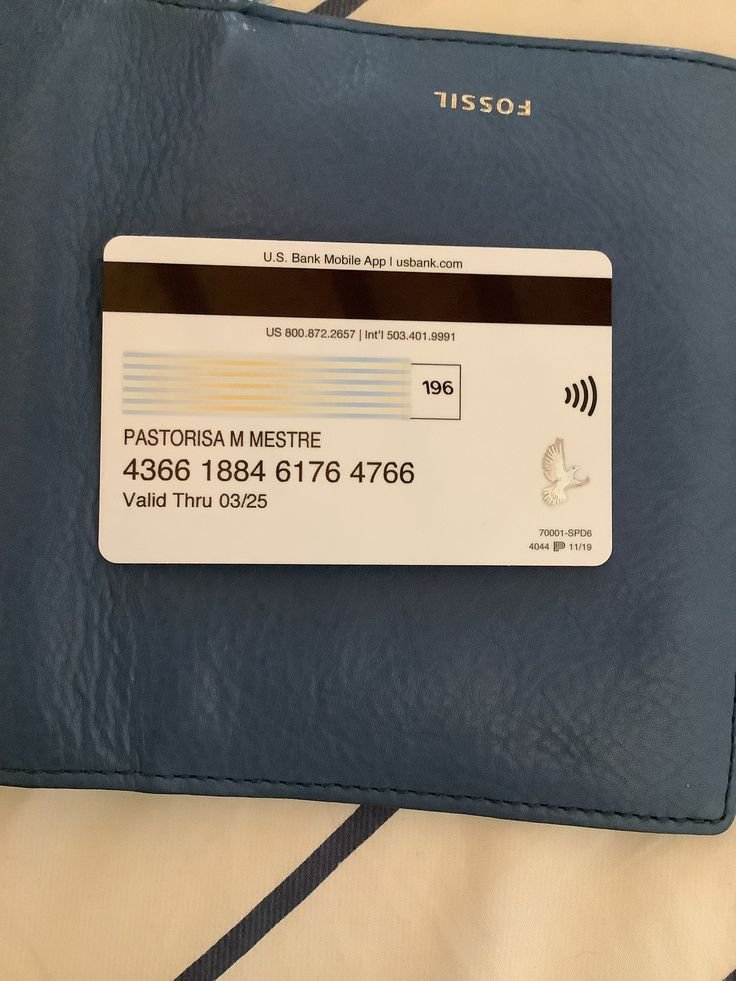National Debt Holdings: How to Fight Phone Harassment from Debt Collectors
Facing persistent phone calls and threats over alleged debt can be deeply stressful. If National Debt Holdings is contacting you repeatedly—threatening legal action, demanding payment without proof, or using aggressive tactics—you have rights and options. This article walks you through what constitutes phone harassment, the laws that protect you, and how to respond effectively.
Who Is National Debt Holdings?
National Debt Holdings is a debt collection firm that pursues consumers for unpaid obligations such as credit card balances, medical bills, personal loans, or other service debts. While collecting valid debts is legal, the process must comply with consumer protection laws. When those boundaries are crossed—through harassment, threats, or lack of transparency—those actions can violate your rights.
Recognizing Harassment from National Debt Holdings
Not all collection calls are unlawful. But when certain behaviors become frequent or abusive, they may amount to harassment. Watch out for:
- Multiple calls per day or repeated contact in short intervals
- Calling outside acceptable hours (before 8 a.m. or after 9 p.m.)
- Using threats, insults, or intimidating language
- Claiming legal consequences, wage garnishment, or arrest without basis
- Disclosing your debt to third parties (family, employer, friends)
- Continuing to call your place of work after being asked not to
- Demanding payment without validating the debt
- Persisting in collection efforts while you dispute the debt
If you see these patterns, you may have strong reason to challenge their conduct.
Your Legal Protections
Federal Protection: The FDCPA
The Fair Debt Collection Practices Act (FDCPA) is a federal law designed to protect consumers from abusive collection tactics. Key provisions include:
- Debt collectors may not call you before 8 a.m. or after 9 p.m. local time
- They may not harass, threaten, or use abusive language
- Within five days of initial communication, they must send a written “validation notice”
- You have 30 days to dispute the debt in writing; until validated, collection must pause
- Collectors may not misrepresent their authority, legal consequences, or the debt itself
- You can demand that they stop contacting you—after that, further contact is limited
If National Debt Holdings breaches these rules, you may be entitled to statutory damages, actual damages, attorney’s fees, and court costs.
State & Local Consumer Laws
Many states also offer stronger protections. These may include:
- Stricter limits on call frequency or contact hours
- Bans on contacting your workplace after you object
- Higher damage awards under state consumer protection statutes
- Licensing or oversight requirements for collection agencies
Depending on your state, these laws may give you additional leverage when facing harassment from National Debt Holdings.
What Steps Should You Take?
1. Log All Communications
Keep a detailed record of each call, message, letter, or email: note the date, time, caller name, phone number, and what was said. Save voicemails and texts. If permitted in your jurisdiction, recording calls can be especially useful. This evidence is essential if legal action becomes necessary.
2. Request Debt Validation
Send a written request, via certified mail, asking National Debt Holdings to validate the debt. Ask them for documentation: original creditor, account statements, dates, amount owed, and proof of their right to collect. If they fail to respond or provide adequate proof, they may lose the ability to continue collection.
3. Issue a Cease & Desist Notice
You may deliver a written “cease and desist” letter instructing them to stop contacting you, aside from legally required notices. Once they receive it, their further communications are severely limited by law.
4. File Complaints
If harassment persists, you can:
- File a complaint with the Consumer Financial Protection Bureau (CFPB)
- Submit a complaint to your state attorney general or consumer protection agency
- Initiate a lawsuit under the FDCPA or applicable state law
5. Consult a Consumer Rights Attorney
A consumer protection attorney can evaluate whether National Debt Holdings violated your rights, help you draft effective legal notices, and represent you in court. Many attorneys in this field operate on contingency, meaning you pay only if you win your case.
Is This Just Aggressive Collection or Illegal Harassment?
There is a line between legal collection and unlawful harassment. Even legitimate collection firms must validate debts, follow communication rules, and avoid threats or deception. If National Debt Holdings can’t validate your debt, makes false threats, or dismisses your demands to stop, those may be violations of the law.
Ask yourself:
- Were you ever given proper debt validation?
- Do their calls comply with timing and frequency restrictions?
- Are they making threats without legal basis?
- Are they ignoring your cease & desist or dispute requests?
If their behavior fails those tests, you might have a strong case against them.
Why Taking Action Matters
Harassing collection attempts tend to worsen over time. Ignoring the calls can lead to increased stress, potential damage to your credit, or even actual legal filings. Acting early—documenting everything, disputing debts, demanding they stop, and seeking legal aid—gives you the chance to regain control, stop the harassment, and possibly recover damages.
If you believe National Debt Holdings is violating your rights through persistent phone harassment, you deserve clarity, protection, and relief. To explore your options and the steps forward, see National Debt Holdings Phone Harassment.


